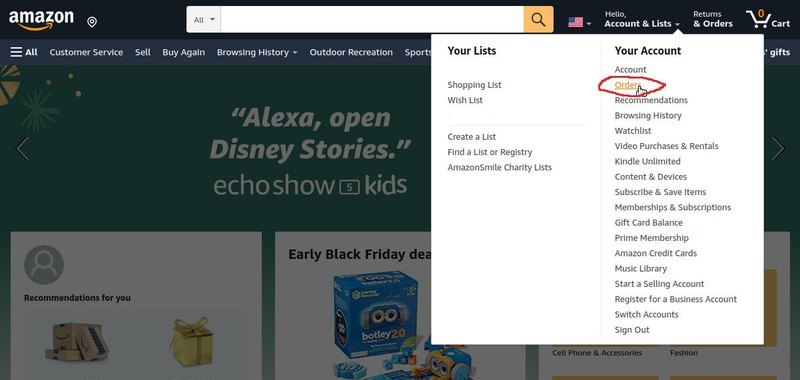

I think a partial exception is artists who write their own songs they get mechanical royalties at a fixed rate per song (a few pennies) based on the statutory scheme established many years ago by Congress, and I believe that legally-downloaded MP3s and other digital downloads get a rate equal or close to that for physical copies. The guy who writes the Digital Audio Insider blog has posted in the past about the payouts his band gets from various services their albums are now available on the Amazon MP3 store, so maybe he’ll post on the payout situation in the future.Īs Joe Buck noted, it’s all about what the artists negotiated with the labels, and as I understand it a lot of label contracts, especially the old ones, don’t net artists much at all for digital distribution. But if that actually improves the position of the labels at the expense of artists… e(I realize there are issues with mp3s as a closed standard, but that’s a post for another way.)

I’m otherwise leaning in the direction of becoming a regular user of Amazon’s mp3 service- no DRM, increased convenience, and lower costs is exactly what should be happening to the music industry right now, and Amazon is doing all of those. Does Amazon’s mp3 service have the same problem? The question is: where is that reduced cost coming from? Out of the pockets of the distributors (as a result of lower media costs), or of the artists (as a result of…?) There is at least anecdotal evidence that artists make significantly less when you buy their album from iTunes than when you buy the same CD, which is insane.

I’ve been scouring the internet for this information, but no luck so far, so I’ll ask here in hopes something will come of it.Īmazon is charging less (in some cases significantly less) for their mp3 music service than the same album in physical media.


 0 kommentar(er)
0 kommentar(er)
